People don’t buy your presence. They buy your standard.

People don’t buy your presence. They buy your standard. Guus Hiddink, the legendary Dutch football coach, transformed South Korea's national team into World Cup semifinalists in 2002. He's not on the field during matches.
He's not defending or scoring goals. Yet his influence drives every play, every decision, every moment of strategic brilliance. How? Through preparation, standards, and systems that work without his constant presence.Most people think they need someone hovering over their project, checking every detail and being available for every question. They want the security of knowing their leader is "in the trenches" with them. But here's what they're really buying: not your time, but your guarantee of quality and pace of delivery.
For over a decade at our product studio, Eli5, we've learned that clients don't pay for hand-holding. However, this is what we have always intuitively believed. They pay us for outcomes, and the best clients do not care about your involvement. They're investing in a system that delivers exceptional results, whether we're physically present or not. The difference between success and failure isn't how many hours you log or how many meetings you attend. It's the standard you set and the processes you build.
Why presence doesn't equal progress
Consider the last time you had a manager who frequently checked in. Did those endless status updates make your work better? Or did they just make you feel like you were being watched?
Constant presence often signals the opposite of what it's meant to convey. Instead of showing investment, it reveals a lack of trust in the system. When leaders feel compelled to oversee every detail, it usually means the underlying processes aren't strong enough to stand alone. The worst thing is that is strains the creativity, motivation, and productivity of those who are doing the actual work.
Consider modern executives who spend over 20 hours a week in meetings. That's more than half their work time spent talking about work instead of doing it. The math doesn't add up. All that presence, all that face time, but where are the results?
Real progress comes from setting clear standards and stepping back. When your team knows exactly what success looks like, when they have the tools and processes to achieve it, and when they understand the quality bar you've set, they don't need you looking over their shoulder. They need you to trust the system you've built together.
High standards and clear systems create the backbone of consistency. They provide clarity without micromanagement. They empower teams to make decisions confidently because they know the framework within which they're operating.
Time isn't value by itself
Time is critical in product development, but here's the thing most people miss: how you use time matters infinitely more than how much time you spend.
We see this constantly at Eli5. Recently, a large enterprise client expressed doubt about our proposal because we estimated 25% fewer hours than the next most efficient competitor. Their knee-jerk reaction was concern. How could we deliver the same quality in less time?
So we created them a prototype in a few days. That changed everything. They saw our methodology, philosophy, and understanding of business-specific details in action and realized we weren't cutting corners. We were just cutting waste.
Every delayed sprint isn't just a timeline issue but also a missed opportunity for learning, testing, and iteration. When teams become bogged down in endless check-ins and alignment meetings, they lose momentum, valuable insights, and the opportunity to discover what actually works.
At our studio, we move fast because we've eliminated the waste. No meetings that could be emails. No drawn-out discussions about decisions that could be made quickly with clear criteria. No presence for the sake of presence.
Speed of iteration and a high shipping cadence are everything. The faster you can test ideas, learn from results, and improve, the better your final product becomes. But speed without standards is just chaos. The key is building systems that let you move quickly while maintaining quality.
Think of it like a Formula 1 pit crew. They don't waste time on unnecessary procedures, but every action follows a precise protocol. The result? They can change tires and refuel a car in under three seconds. That's what happens when you optimize for results, not just activity.
Systems that guarantee excellence
Most companies go wrong by thinking quality comes from having the right people doing the right things. That's only half the equation. Quality actually comes from having the right systems that ensure the right people always do the right things.
Standardized processes and well-defined systems are your insurance policy against inconsistency. When you document procedures, create checklists, and establish clear frameworks, you're building quality into every step. The work becomes predictable in the best possible way. For a deeper dive into this concept, check out Derek Sivers' excellent summary of "The E-Myth”, a book that perfectly captures why systems matter more than individual heroics.
This doesn't mean rigid bureaucracy. It means clarity. When your team knows exactly how to execute each phase of a project, when they have proven templates and established workflows, they can focus on the creative and strategic work that actually moves the needle.
At our studio, this company-wide philosophy centers on excellence through process. Every team member is trained in the same methodologies. Every project follows the same quality standards. Every deliverable meets the same bar for excellence. This means clients get consistent results regardless of which specific team members are working on their project.
The goal is to free up human judgment for the decisions that matter most. When the routine work is systematized, your team can spend energy on innovation, problem-solving, and creative solutions.
Setting the standard
What sets our studio apart isn't just our technical skills or our experience, though we have decades of both. It's our proven methodologies for turning complex product ideas into scalable solutions.
We've developed a framework that covers everything from solution architecture to scoping to agile execution. This is now a battle-tested playbook refined through hundreds of successful projects.
We have the right people to turn any specific industry knowledge into fuel for our projects. We've shown this across domains like regulatory compliance, fintech, logistics, AI, and modern govtech. We don't need to learn your domain from scratch. We hit the ground running with industry-specific best practices already built into our processes. That's time saved, risks reduced, and quality elevated from day one.
There is another high-impact differentiator: we've distributed our expertise as much as we can. Our knowledge isn't trapped in individual heads or dependent on specific people being available. It's embedded in our documentation, our tools, and our company culture.
This means our clients benefit from our experience and insight without needing us to be present for every decision. Our systems work, our standards hold, and our results speak for themselves.
Buying a guarantee, not a babysitter
When clients choose to work with our studio, they're not hiring a babysitter. They're buying peace of mind. They're investing in a partner who has a proven formula for success, a track record of delivering results, and the systems to ensure those results happen consistently.
You don't need someone holding your hand through every step of product development. You need someone who can set you up for success and trust you to execute. You need processes that work without constant supervision. You need standards that ensure quality even when no one's watching.
In a fast-paced product landscape, the winners will be those who can standardize excellence and ship quickly and frequently. The companies that build teams and systems capable of thriving without constant oversight. The organizations that understand the difference between being busy and being productive.
That's what you should offer: not just time, but a guarantee. Not just presence, but a standard. Not just effort, but results. Because at the end of the day, presence is temporary. Standards are permanent. And permanent value is what builds lasting success.
.webp)
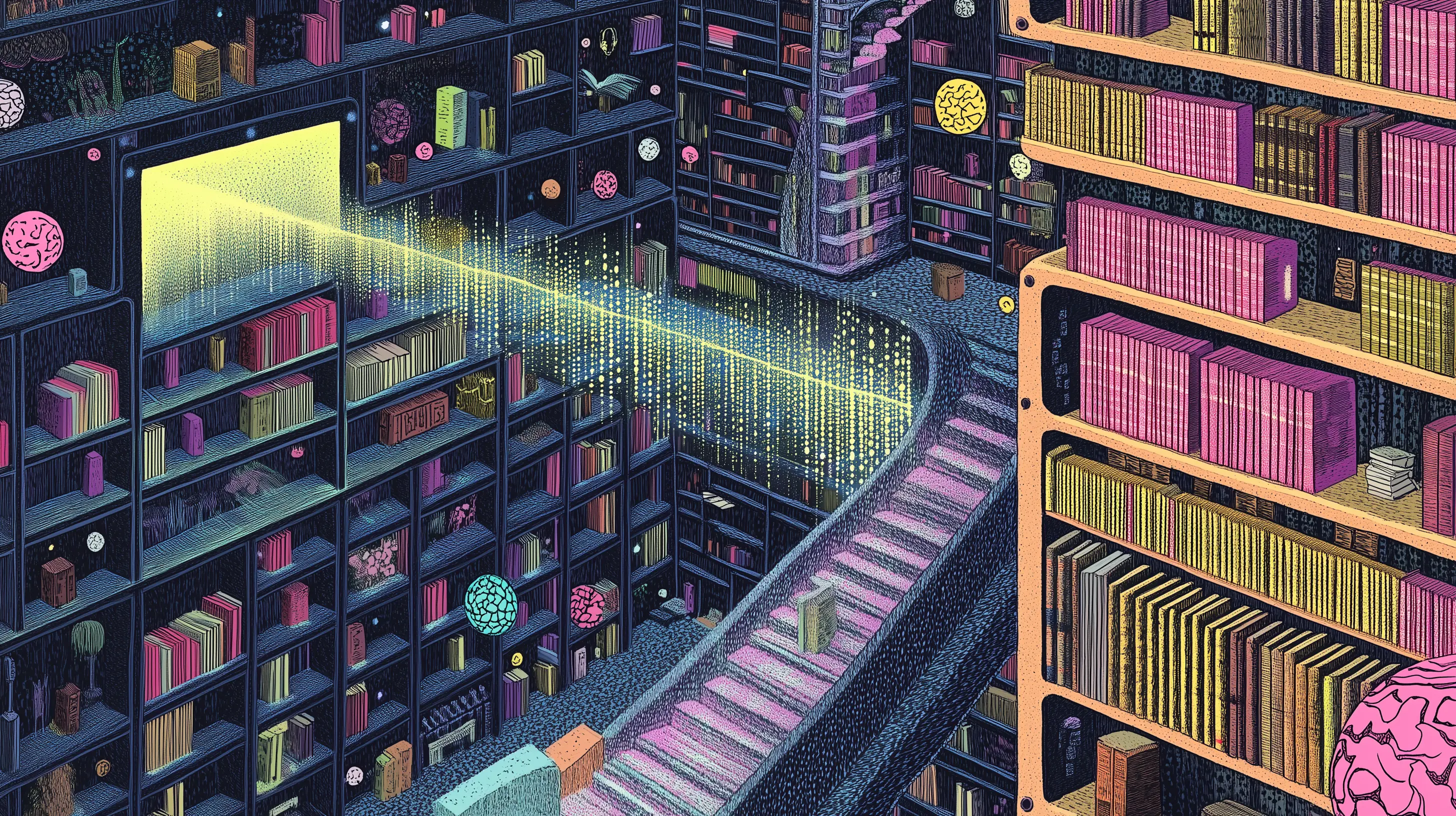
.webp)



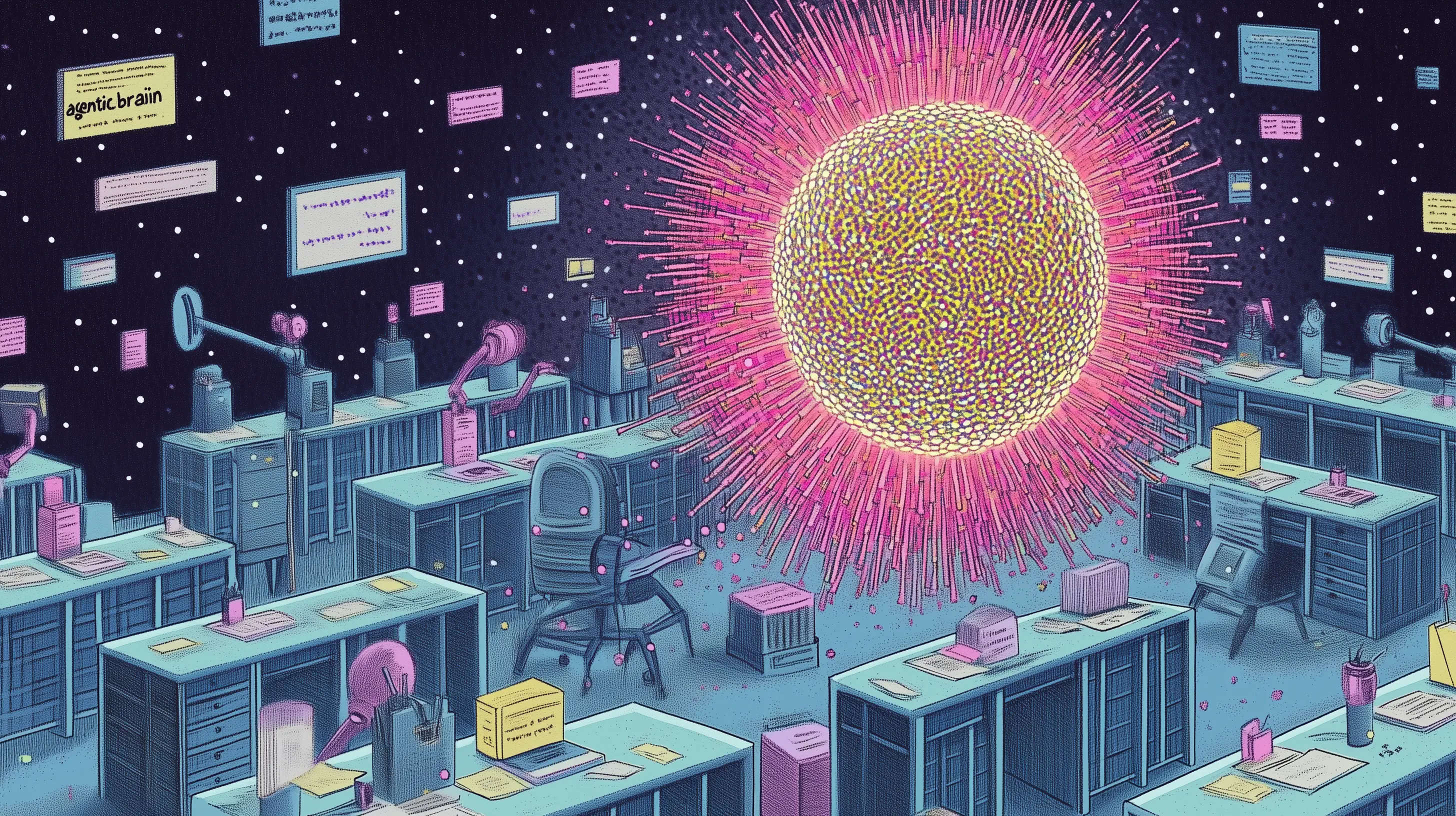

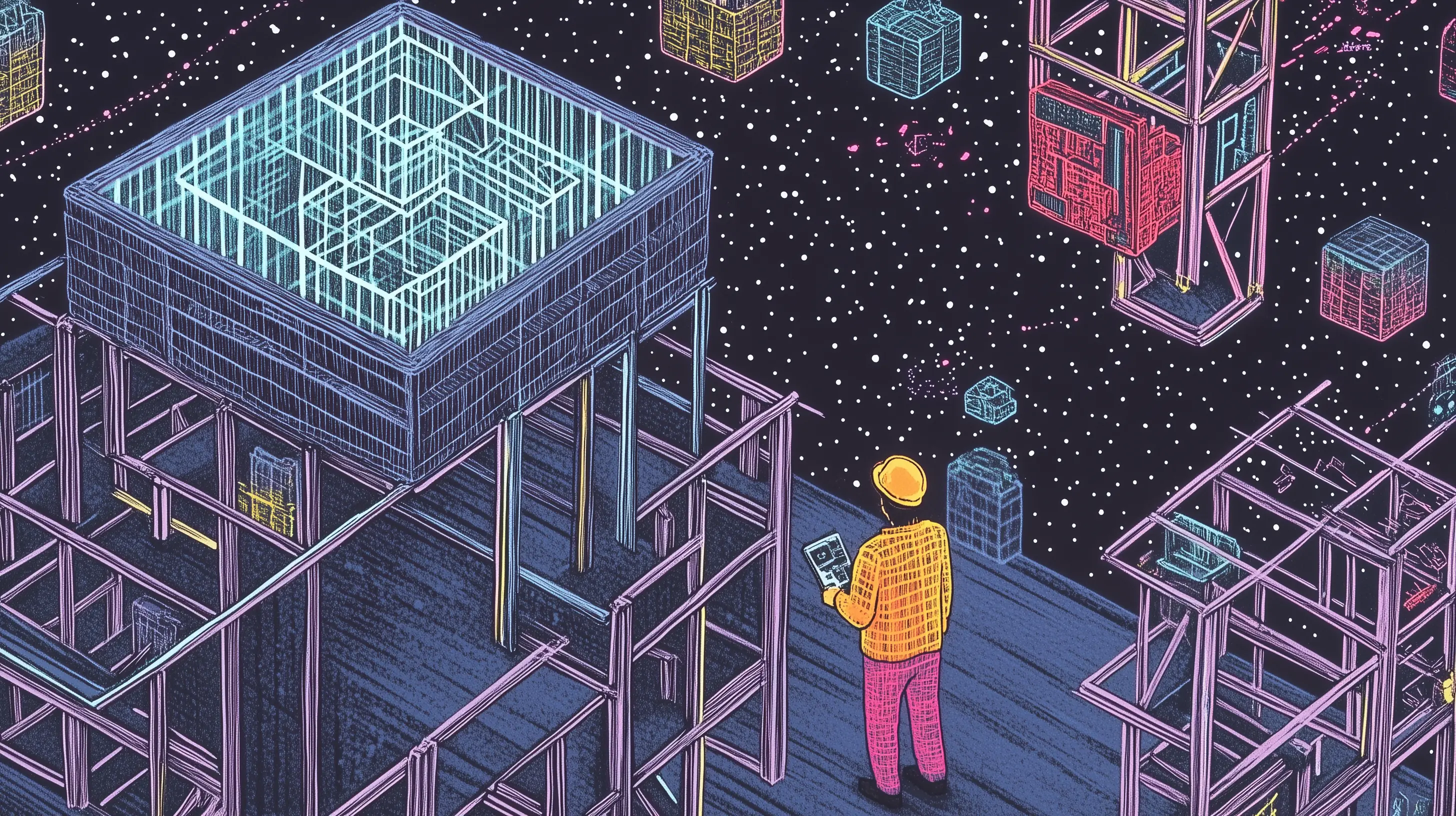







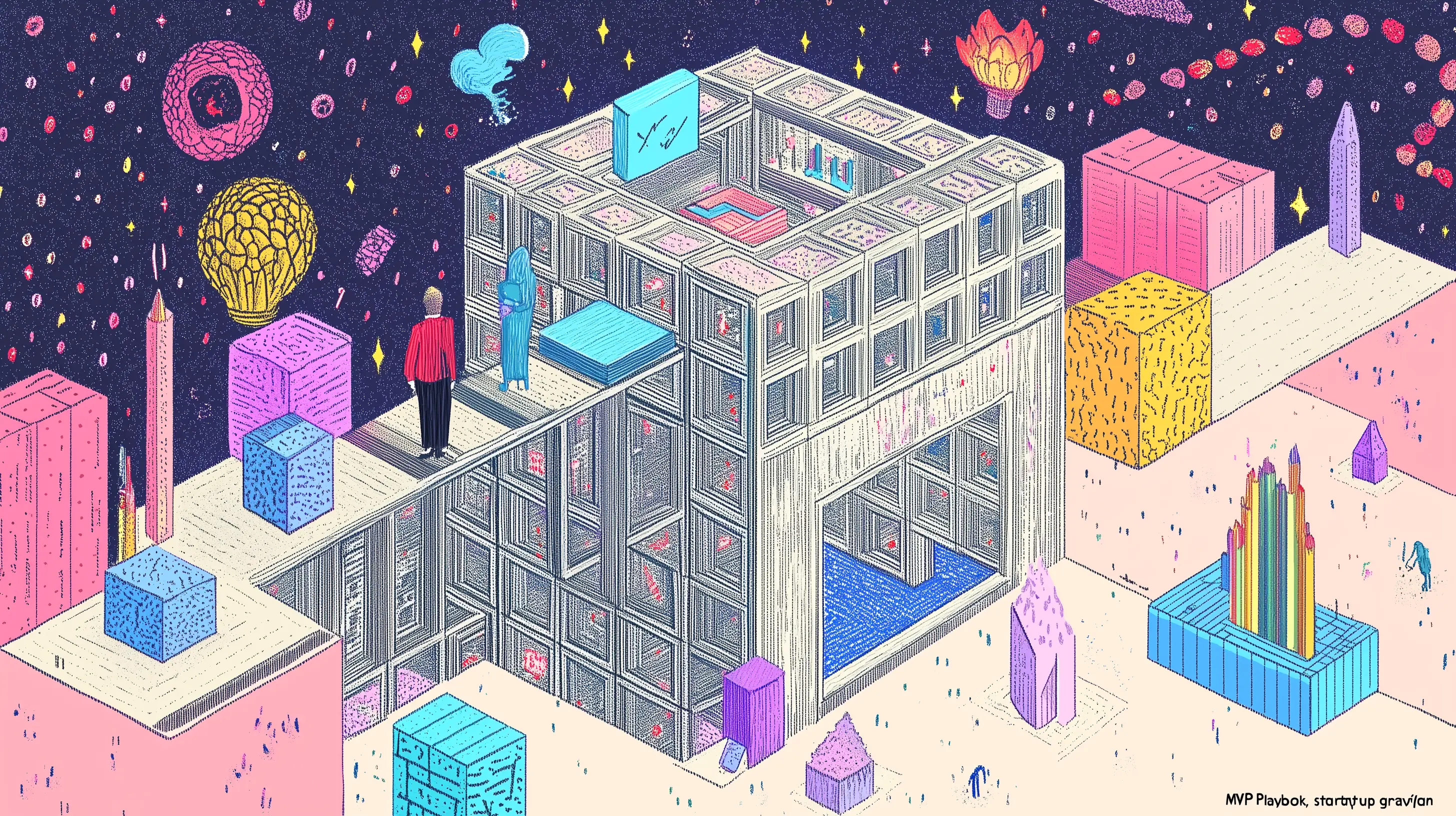



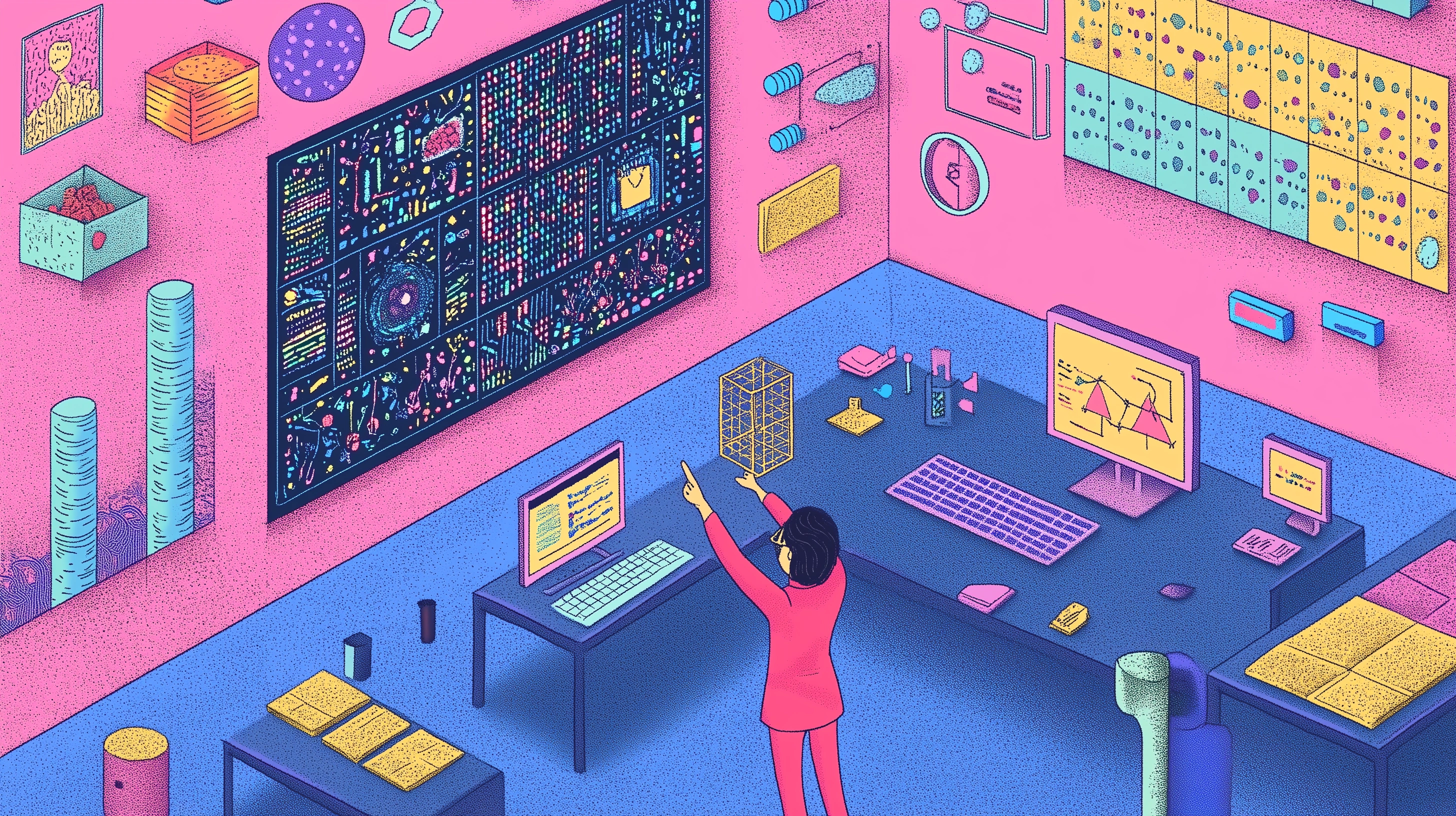

.webp)

.webp)





.webp)






%20(1).webp)







.webp)
.webp)



